- Home
- Health Condition
Medicine For Ulcerative Colitis
Medicine For Ulcerative Colitis
- Total Items (866)
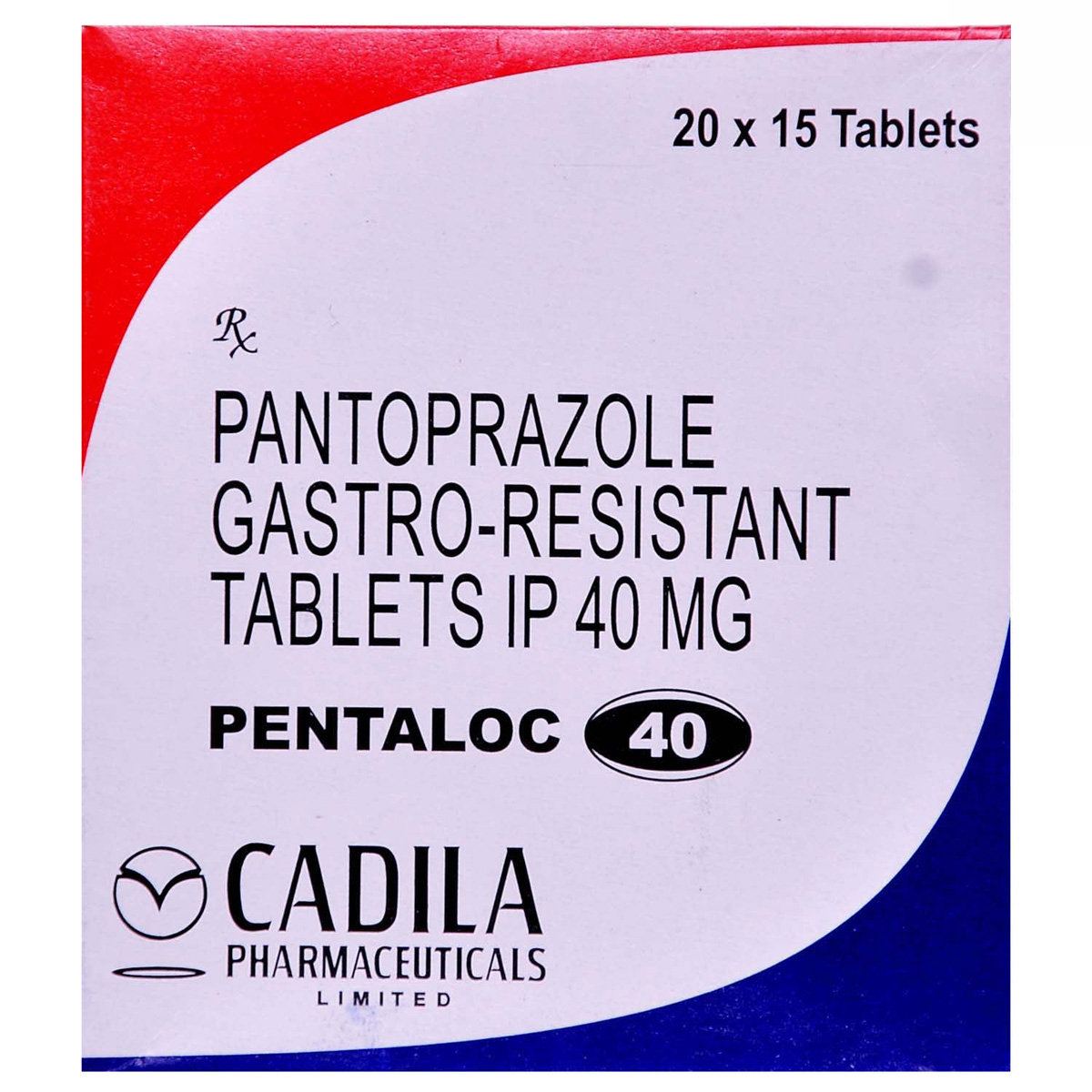 RX
RXPentaloc 40 mg Tablet 15's
₹114.80
MRP ₹153
25% off
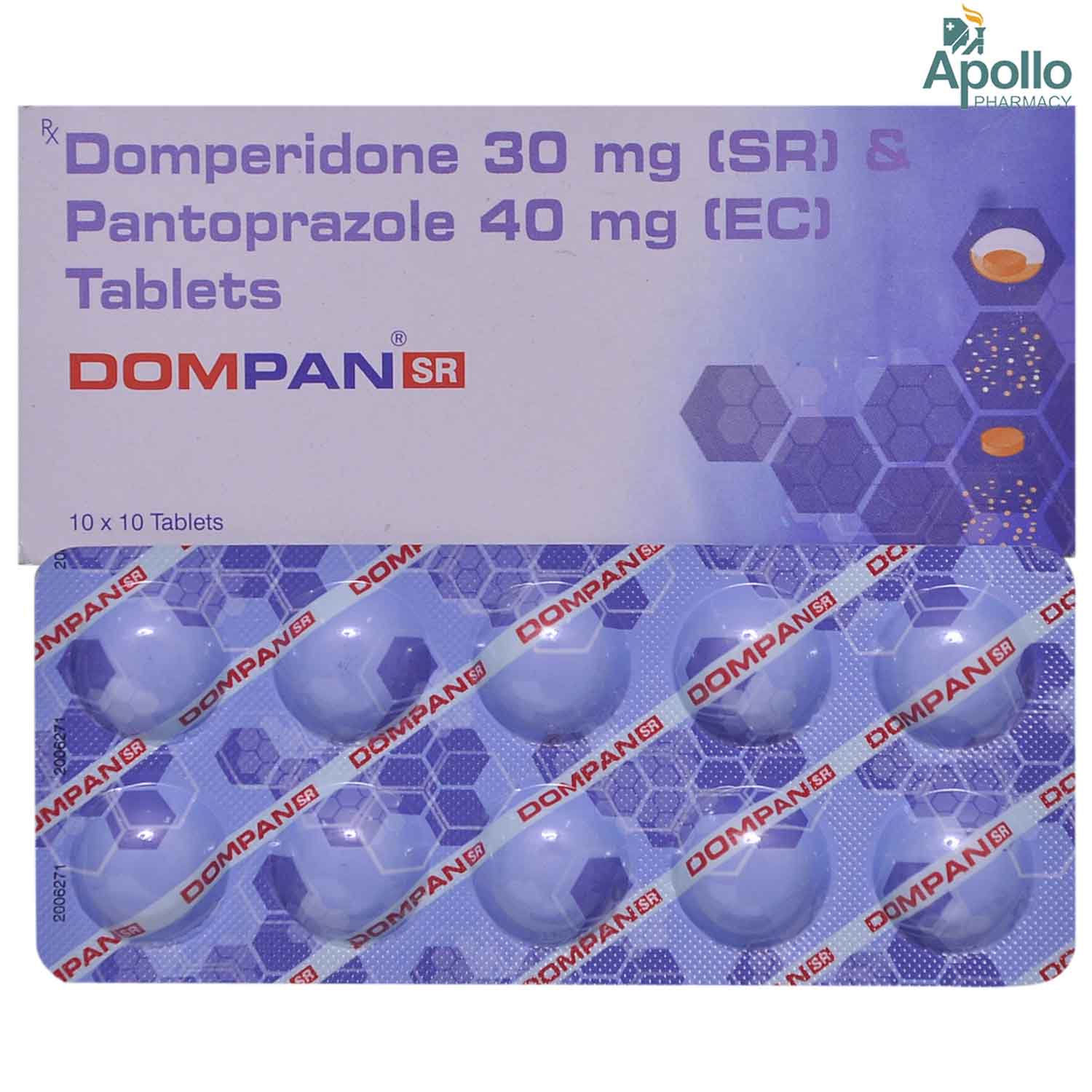 RX
RXDompan SR Tablet 10's
₹142.20
MRP ₹158
10% off
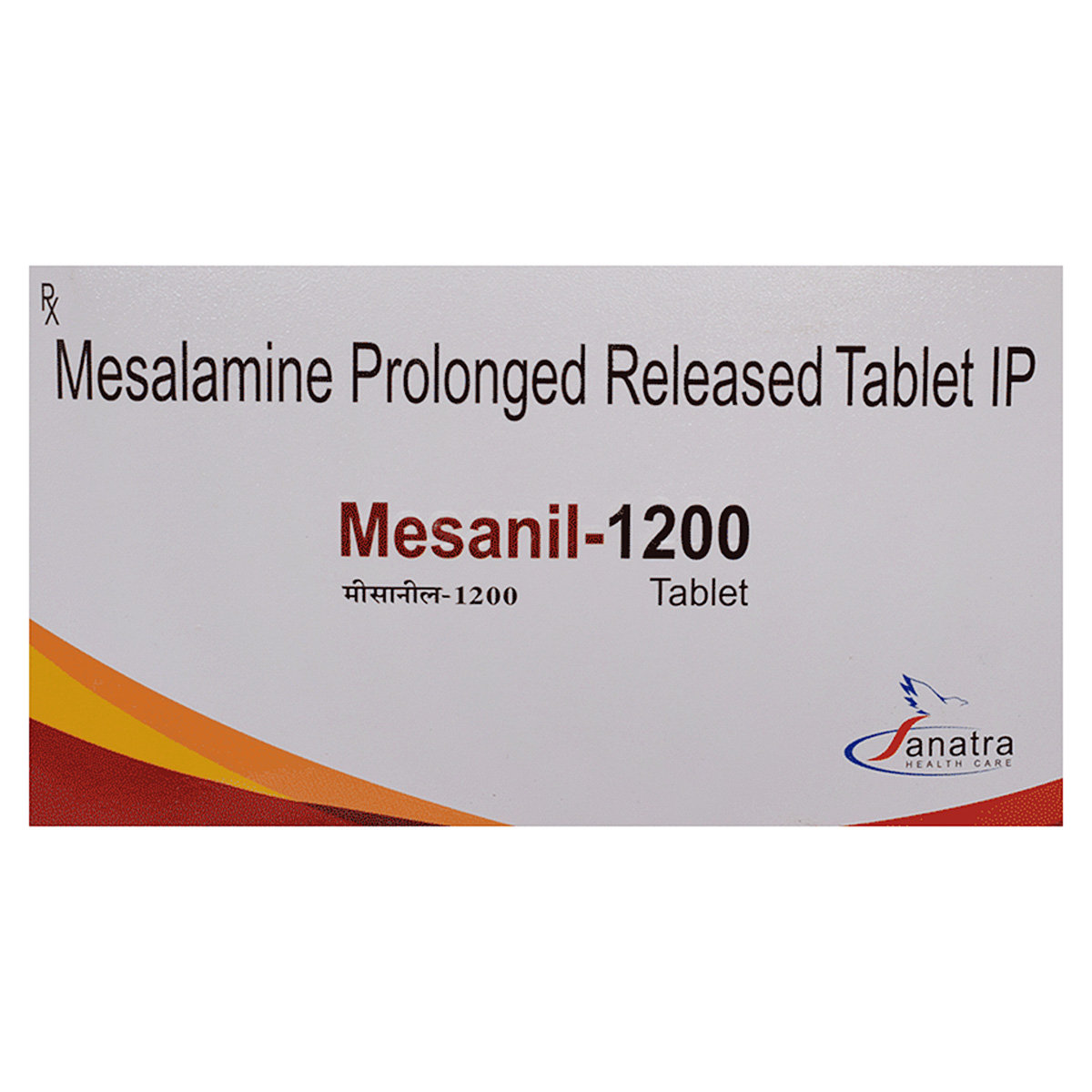 RX
RXMesanil-1200 Tablet 10's
₹358.20
MRP ₹398
10% off
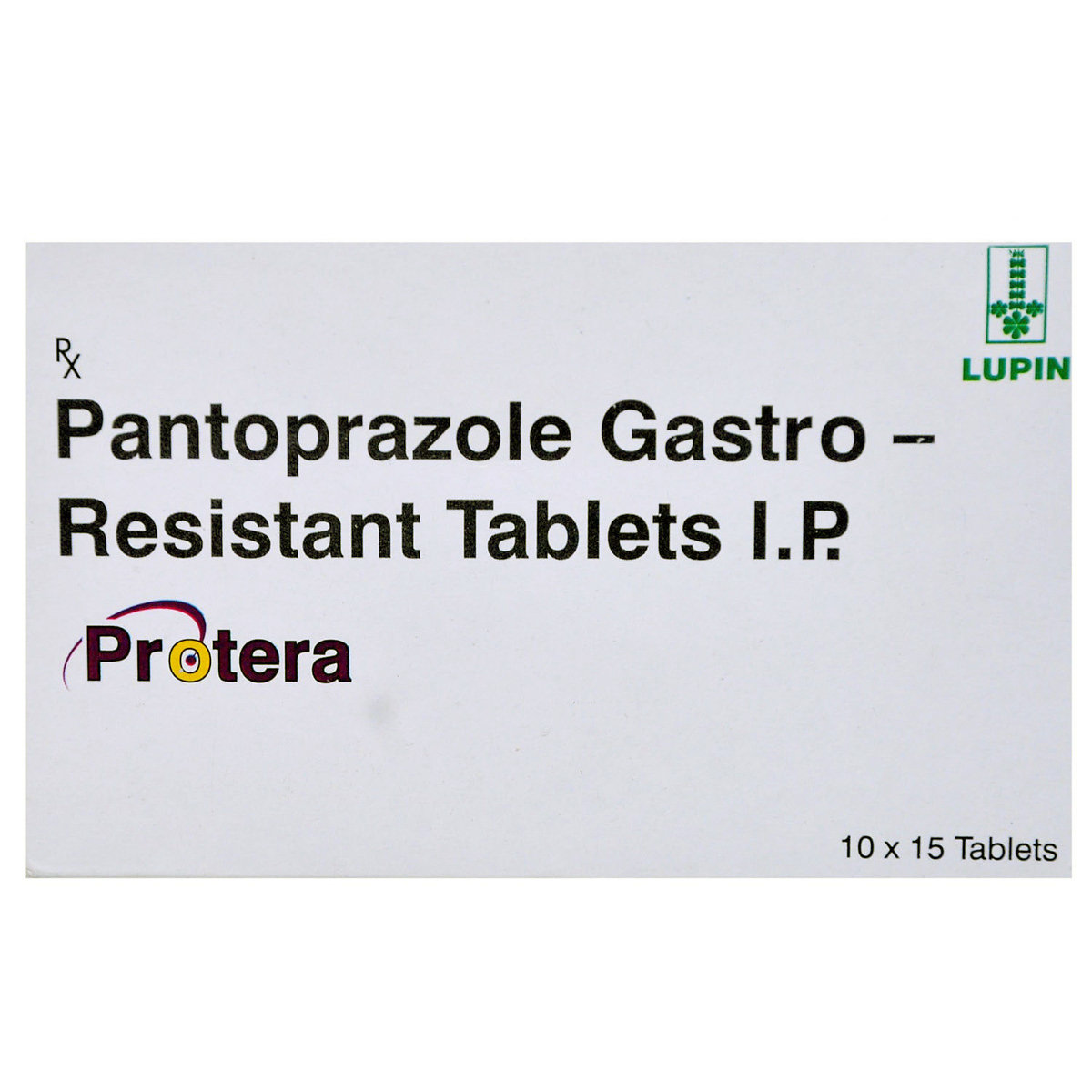 RX
RXProtera 40 mg Tablet 15's
₹214.20
MRP ₹238
10% off
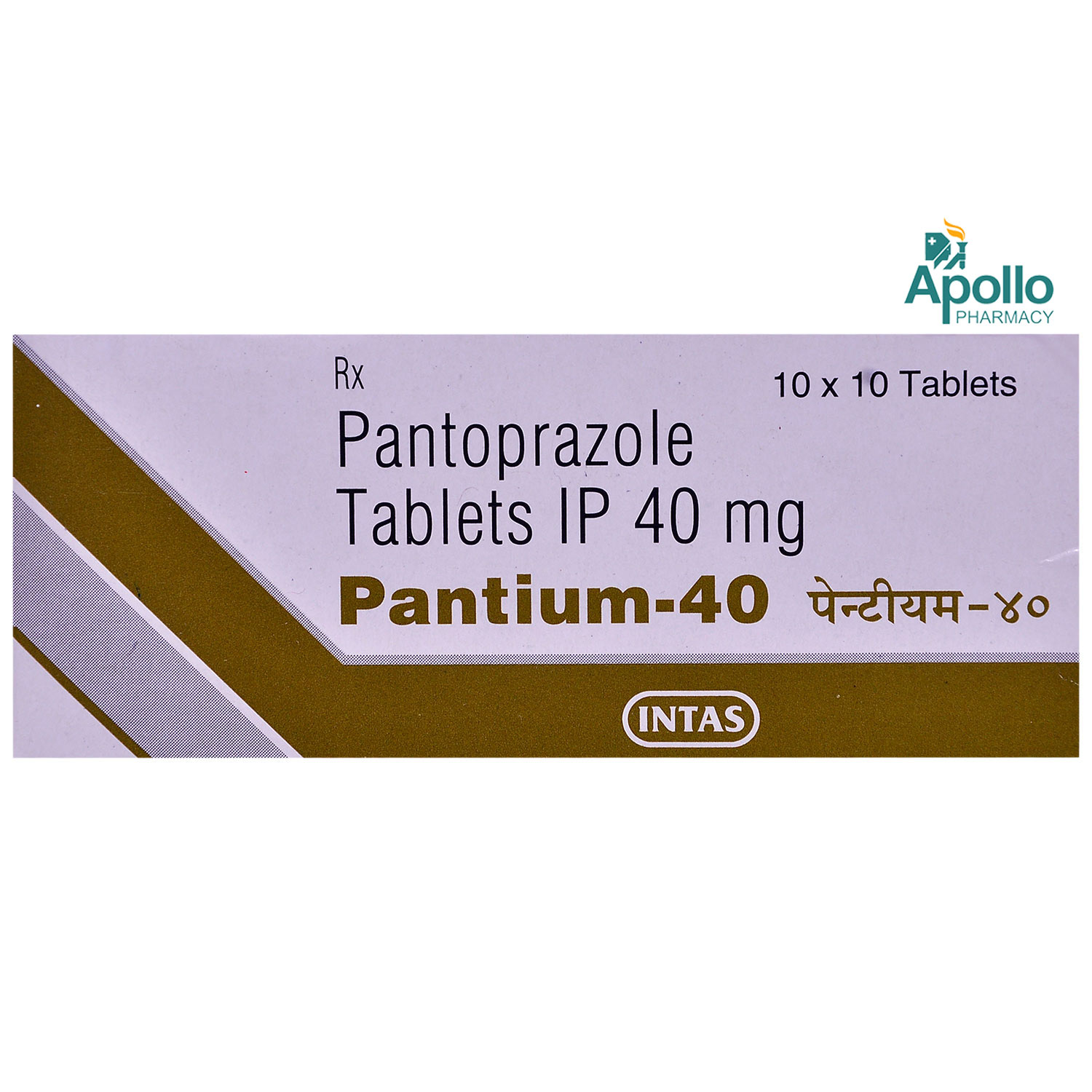 RX
RXPantium 40 Tablet 10's
₹112.10
MRP ₹124.50
10% off
 RX
RXAsacus Sachet 1 gm
₹44.60
MRP ₹49.50
10% off
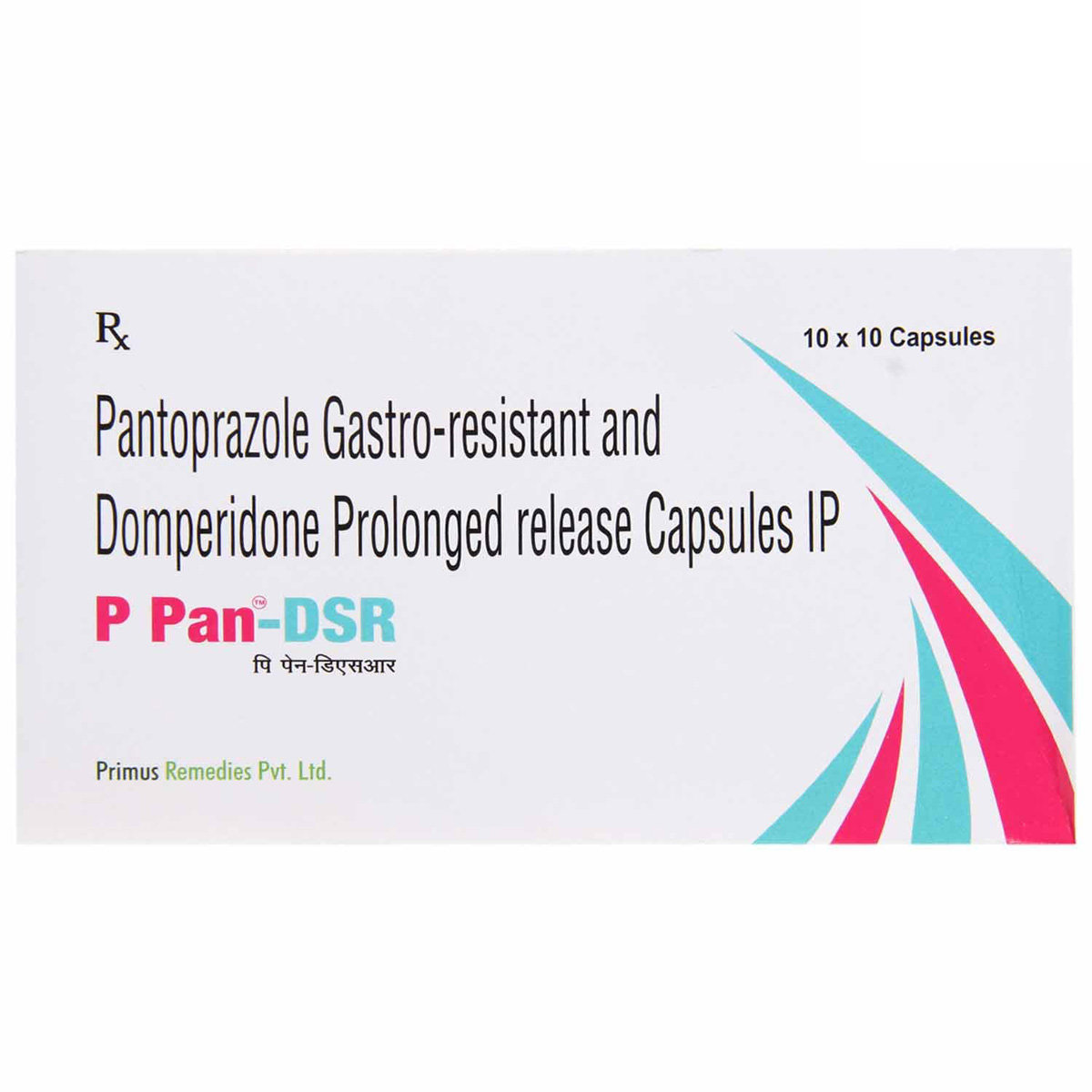 RX
RXP Pan DSR Capsule 10's
₹101.30
MRP ₹112.50
10% off
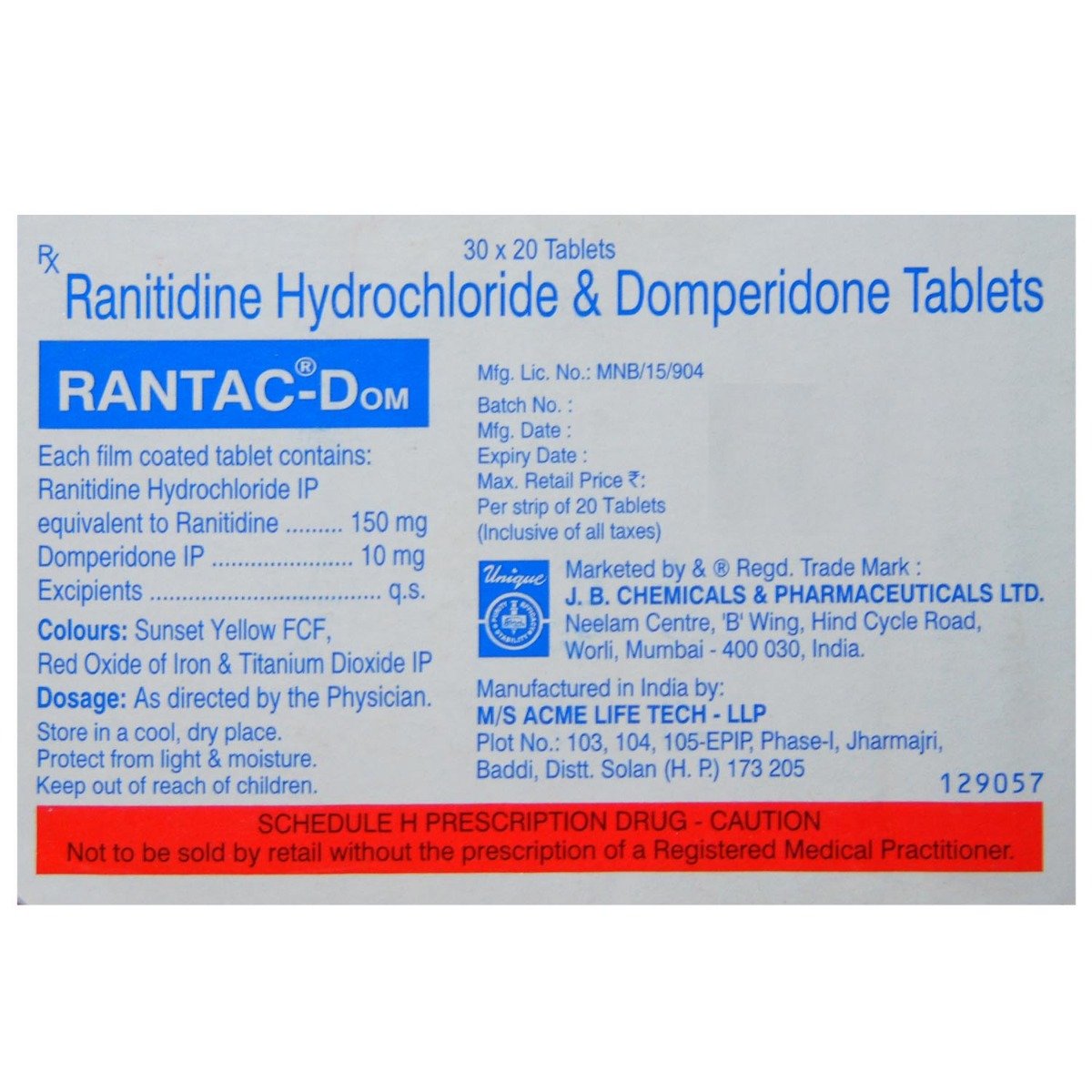 RX
RXRantac-Dom Tablet 20's
₹66.20
MRP ₹73.50
10% off
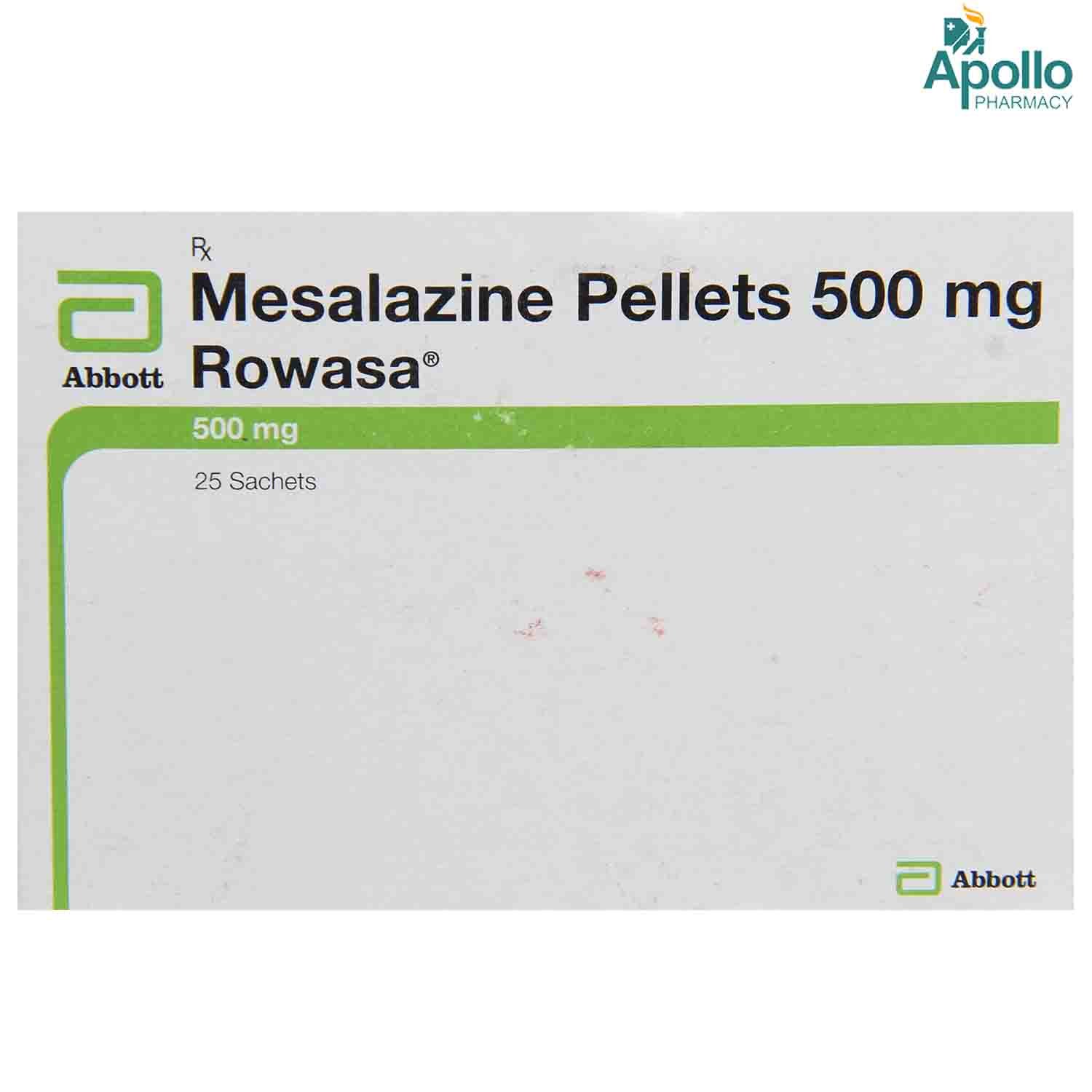 RX
RXRowasa 500 mg Sachet 1's
₹31.50
MRP ₹35
10% off
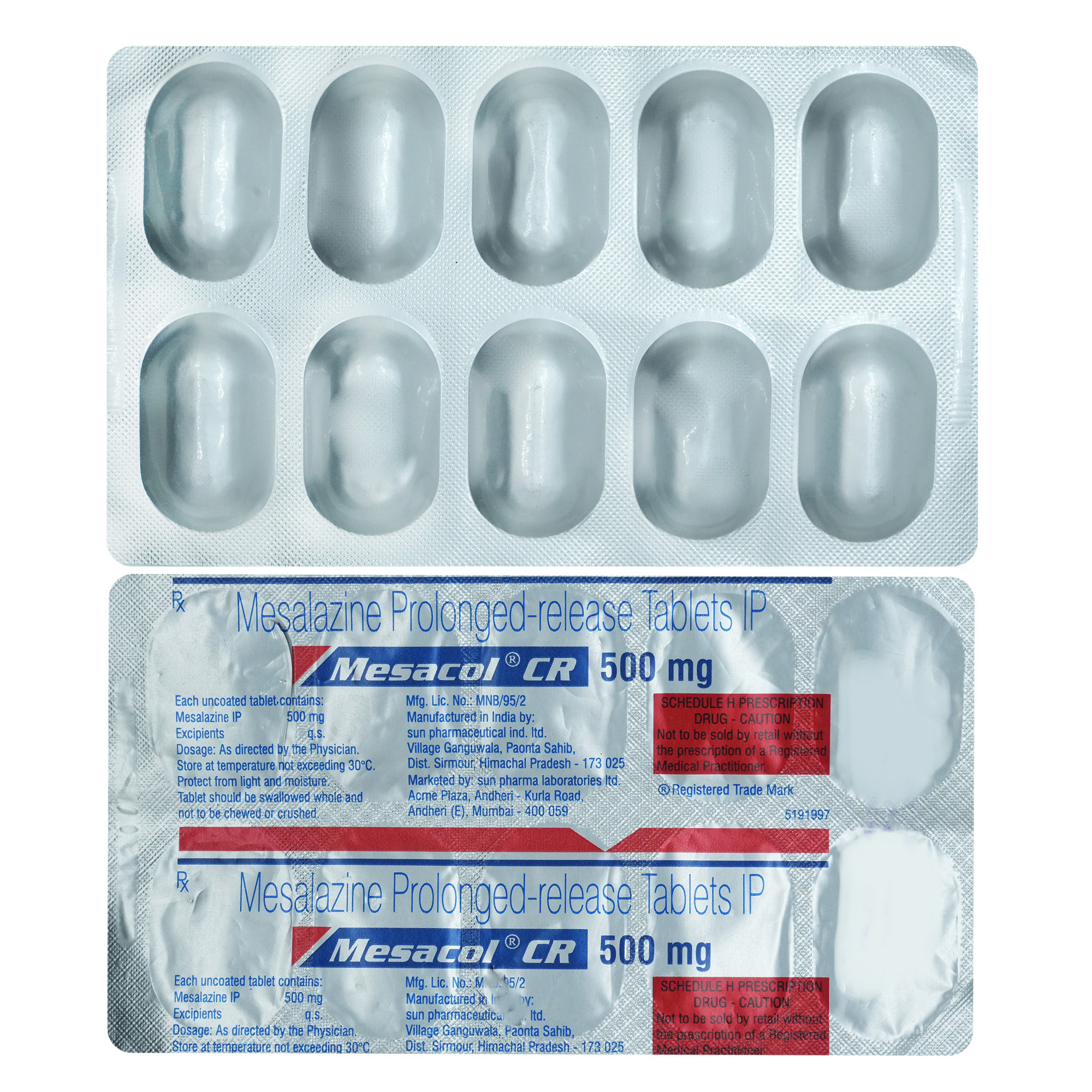 RX
RXMesacol CR 500 mg Tablet 10's
₹217.80
MRP ₹242
10% off
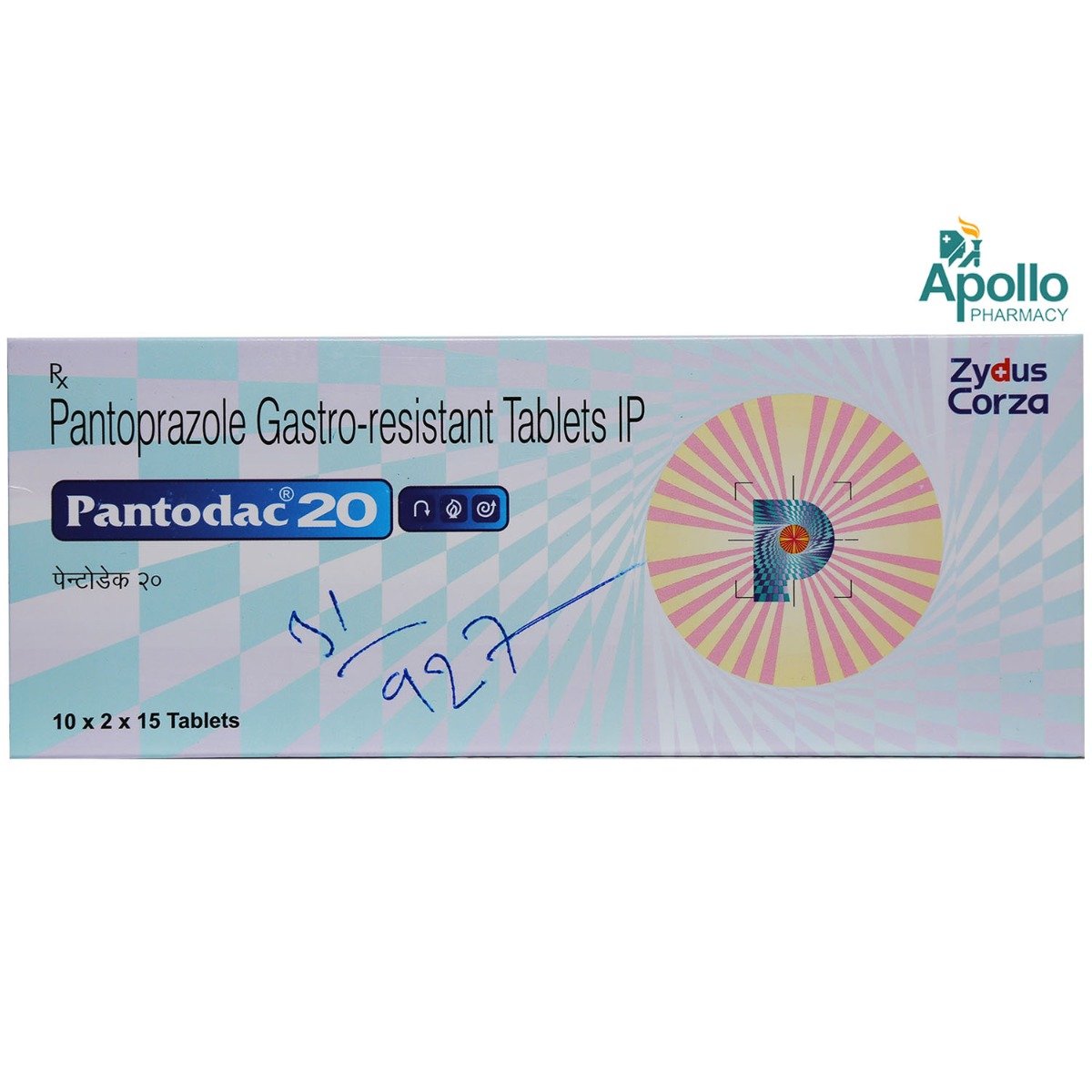 RX
RXPantodac 20 Tablet 15's
₹171.50
MRP ₹190.50
10% off
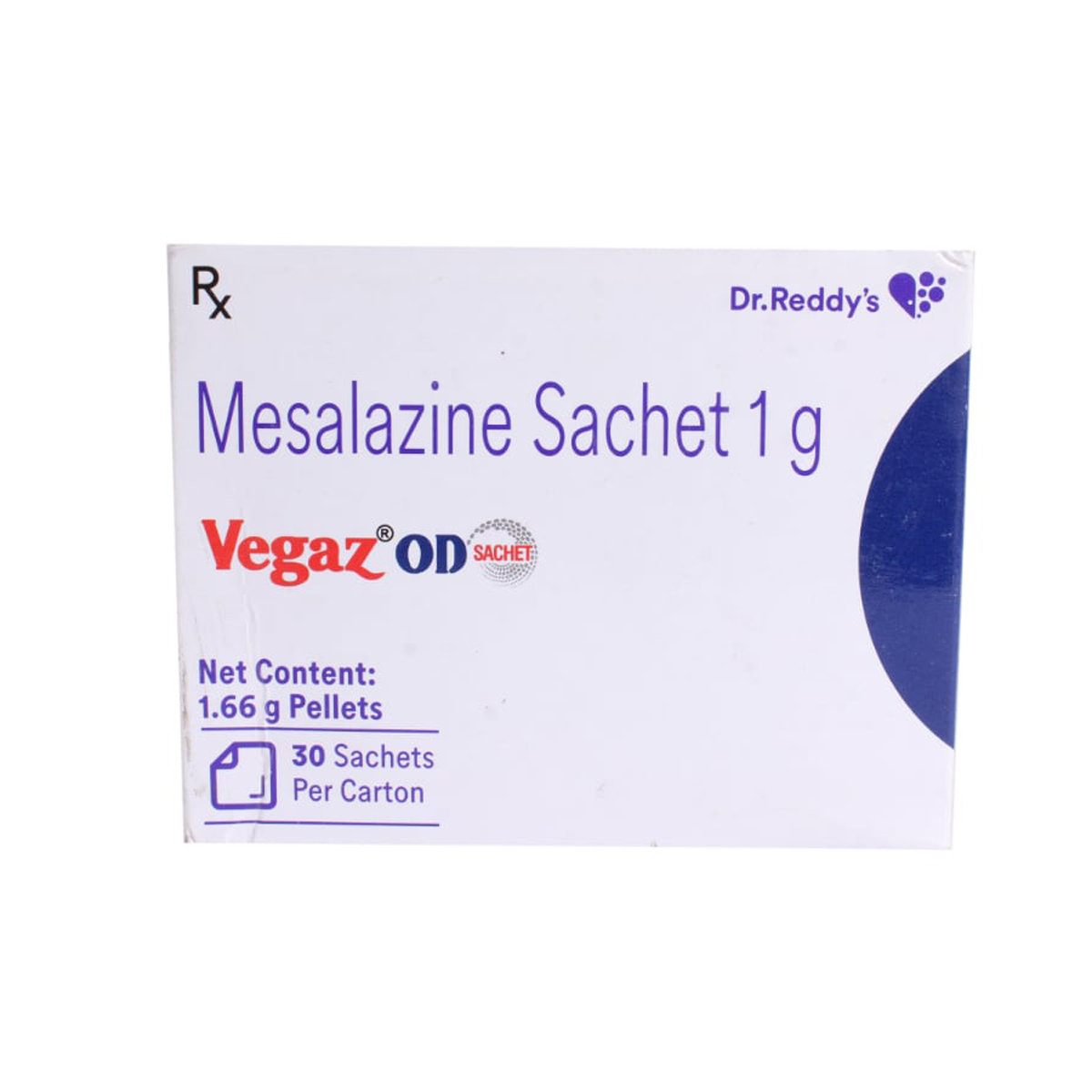 RX
RXVegaz OD Sachet 1.66 gm
₹47.70
MRP ₹53
10% off
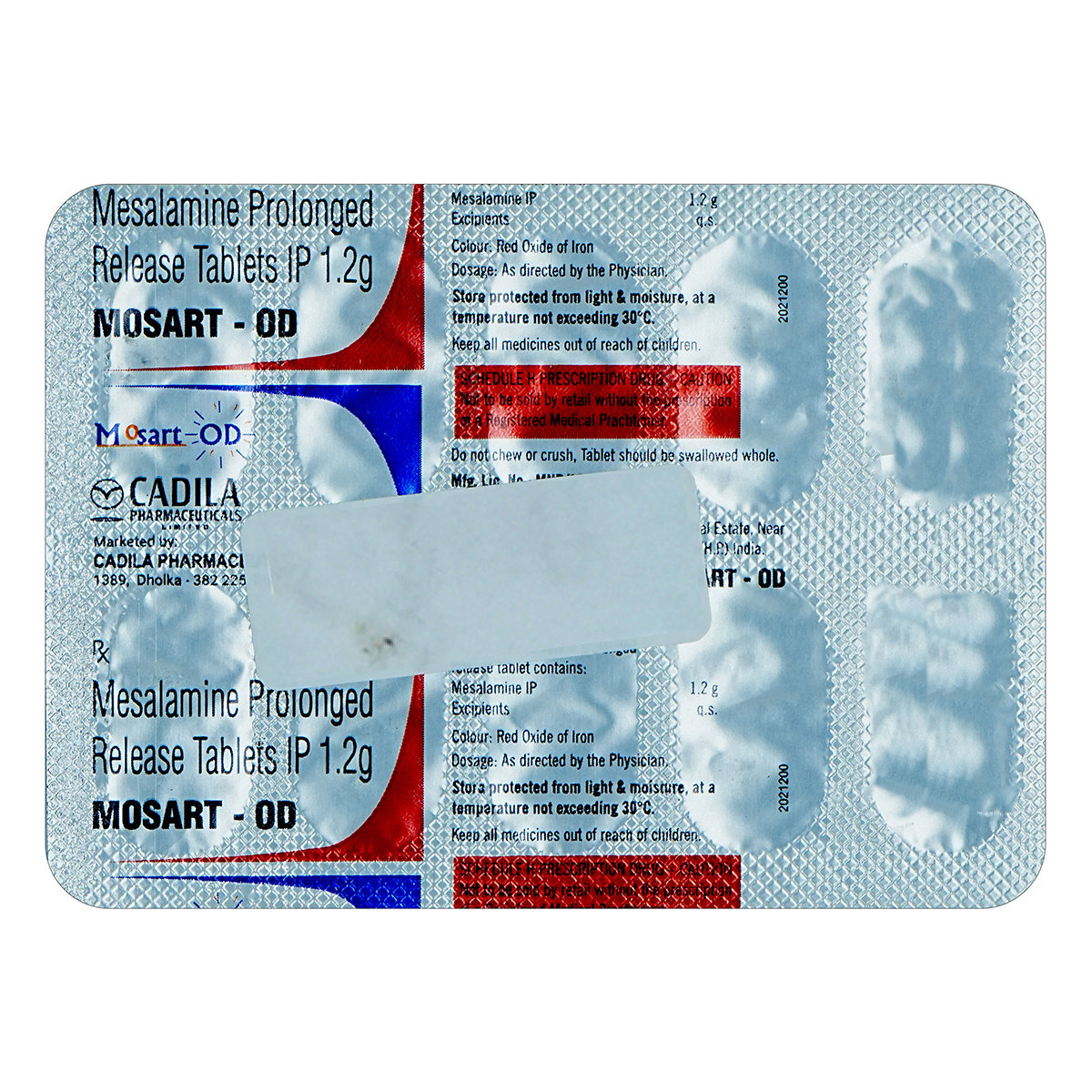 RX
RXMosart-OD Tablet 10's
₹310.50
MRP ₹345
10% off
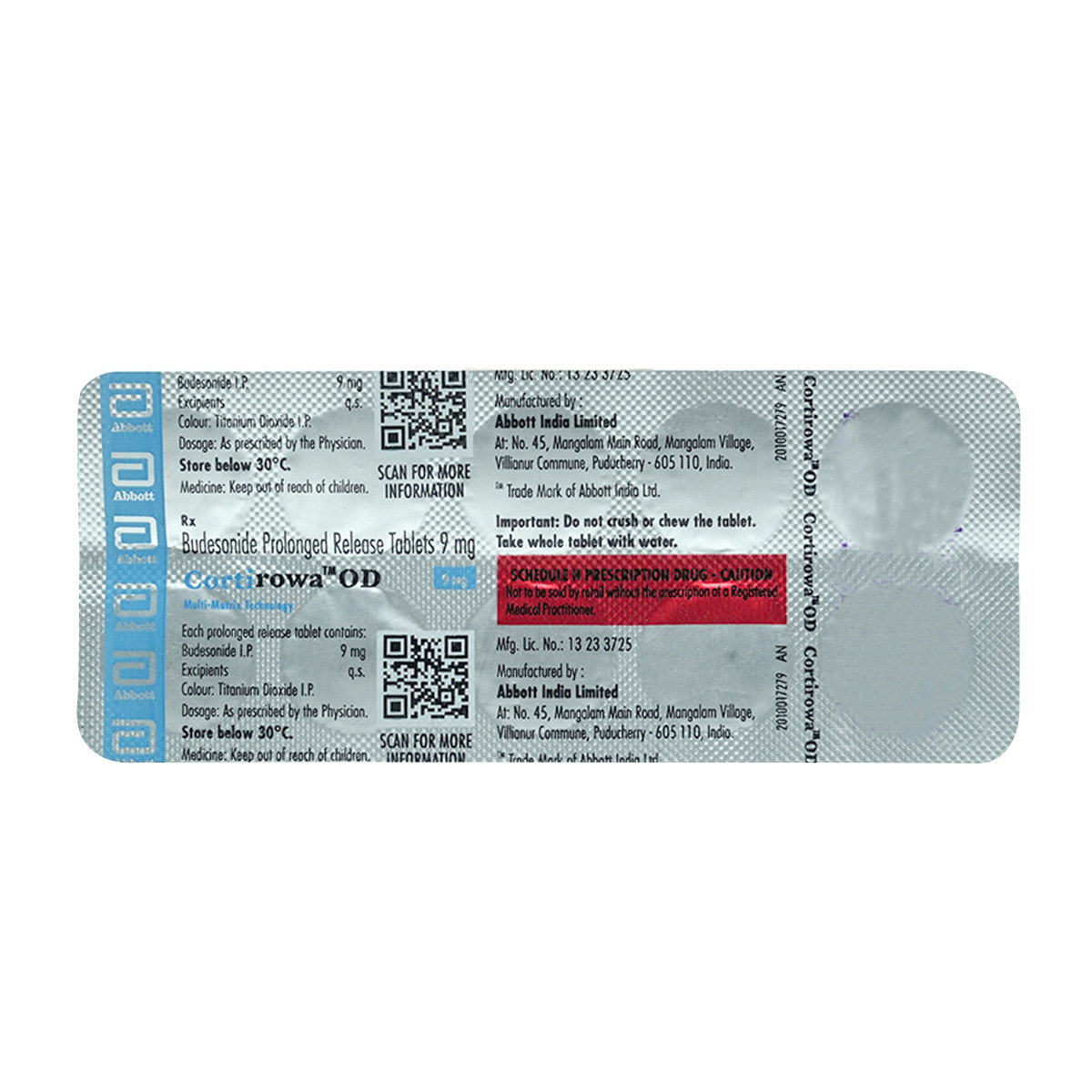 RX
RXCortirowa OD 9 mg Tablet 10's
₹544.50
MRP ₹605
10% off
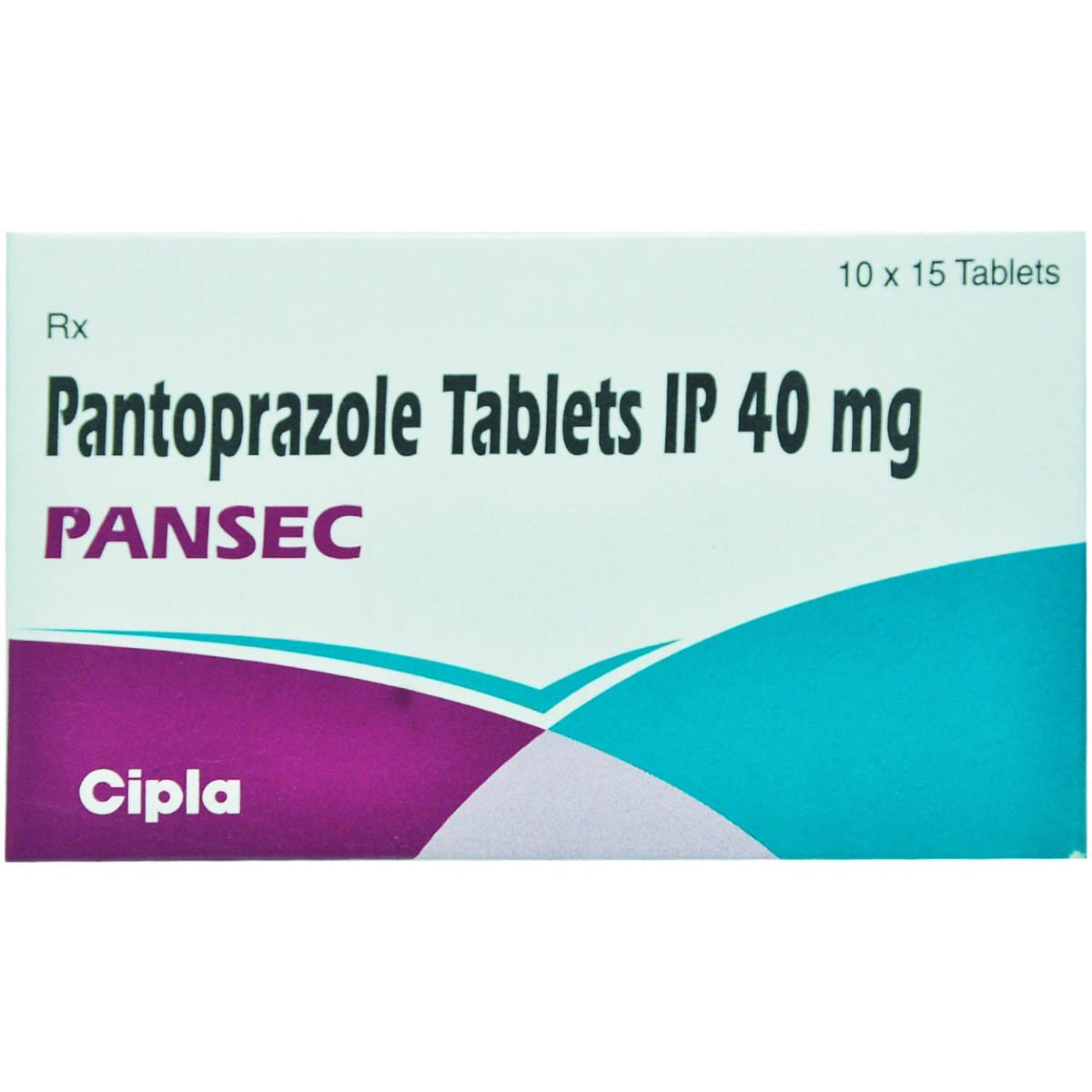 RX
RXPansec Tablet 15's
₹201.20
MRP ₹251.50
20% off
 RX
RXPantodac IT Capsule 10's
₹372.60
MRP ₹414
10% off
 RX
RXRafacol Tablet 10's
₹489.60
MRP ₹544
10% off
 RX
RXTopp-40 Tablet 10's
₹27
MRP ₹30
10% off
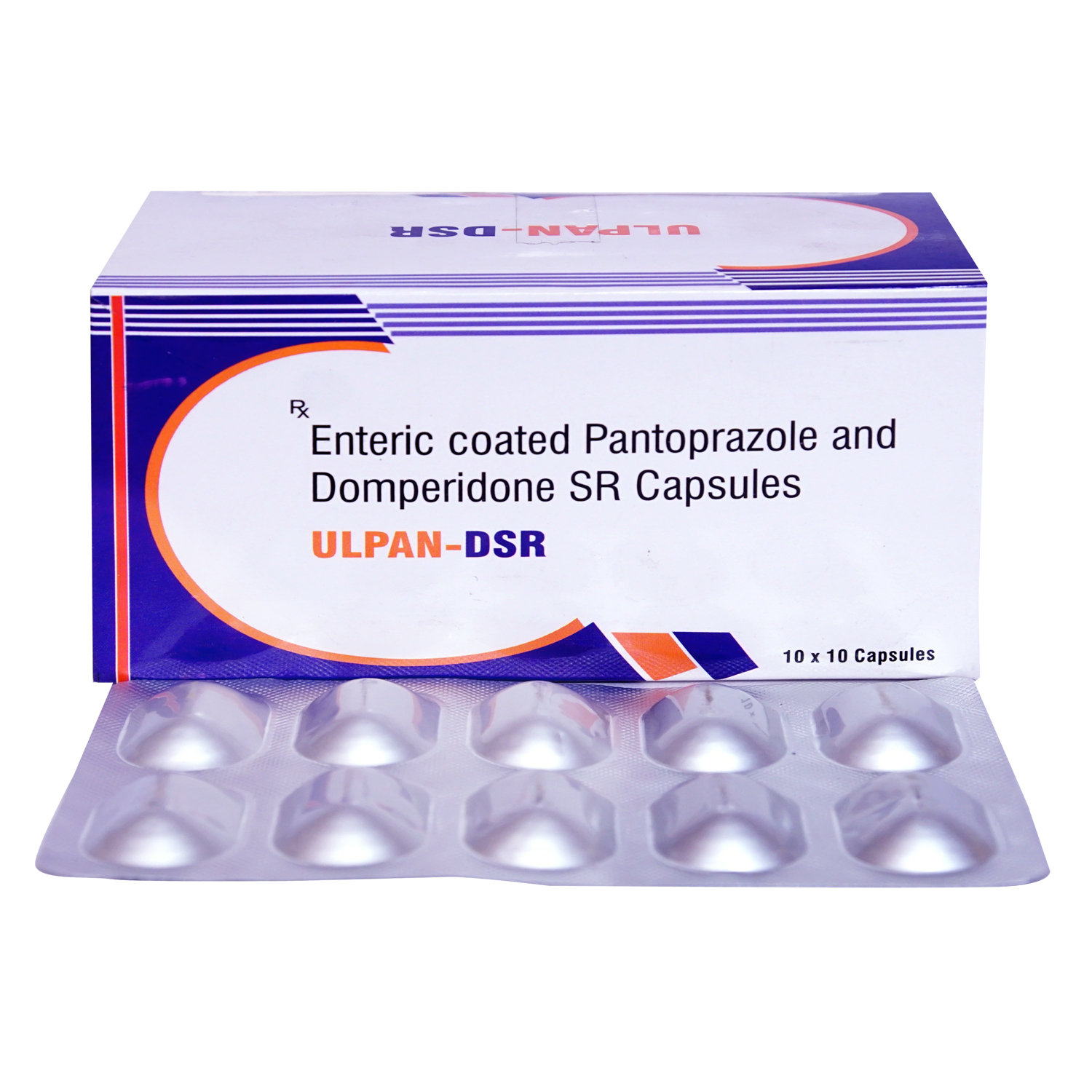 RX
RXUlpan-DSR Capsule 10's
₹155.70
MRP ₹173
10% off
 RX
RXBravasa 1.2 gm Tablet 10's
₹237.20
MRP ₹263.50
10% off
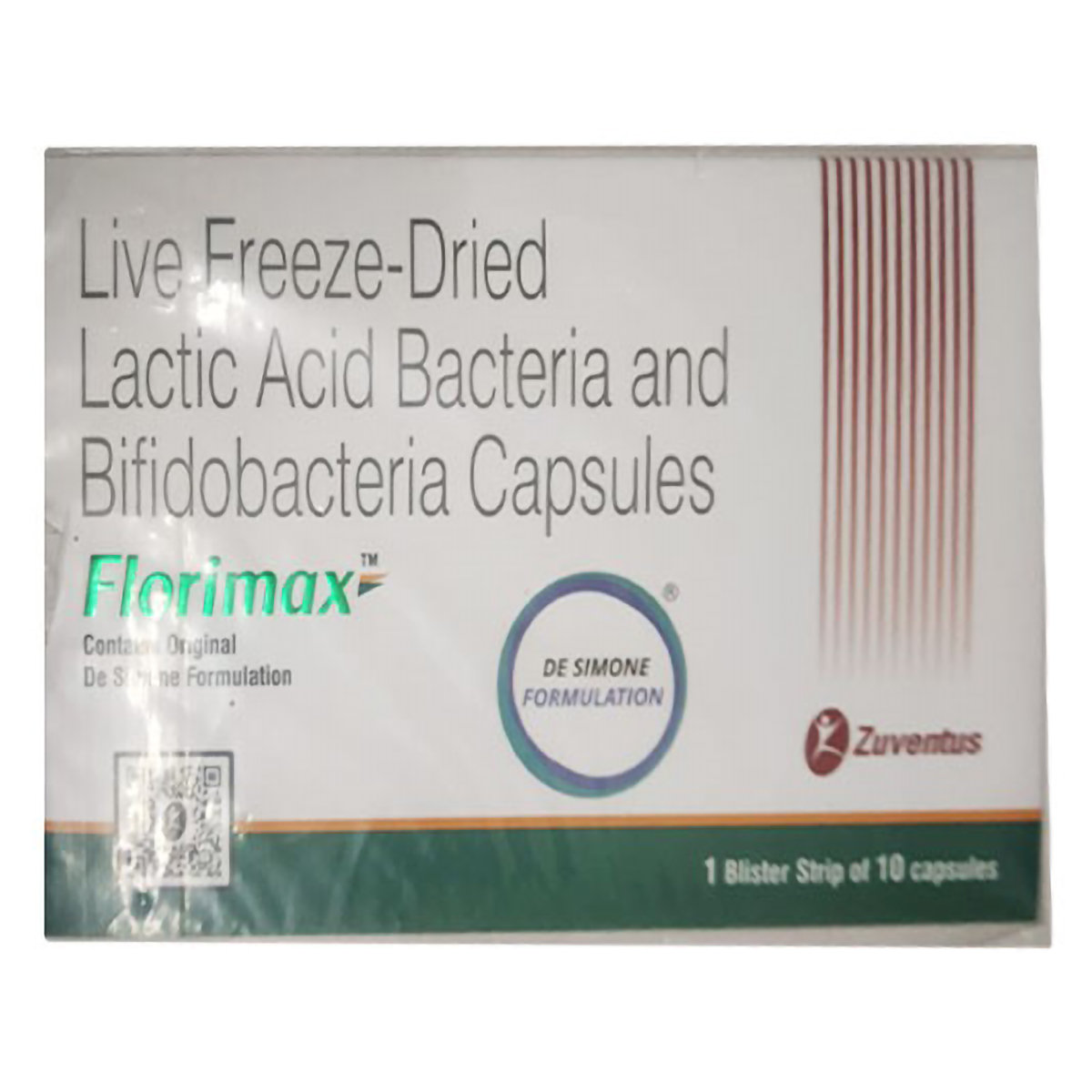 RX
RXFlorimax Capsule 10's
₹461.70
MRP ₹513
10% off
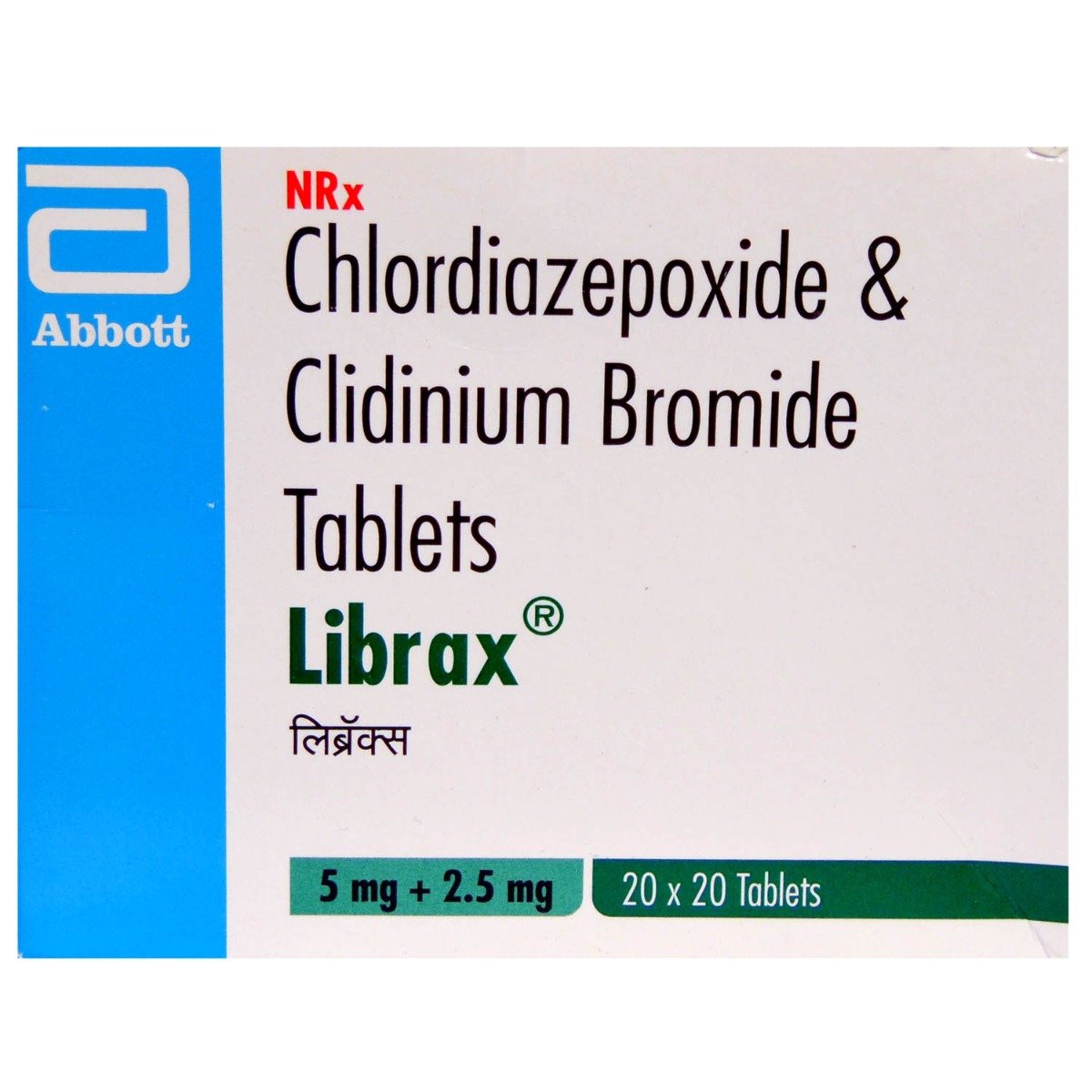 RX
RXLibrax Tablet 20's
₹200.30
MRP ₹222.50
10% off
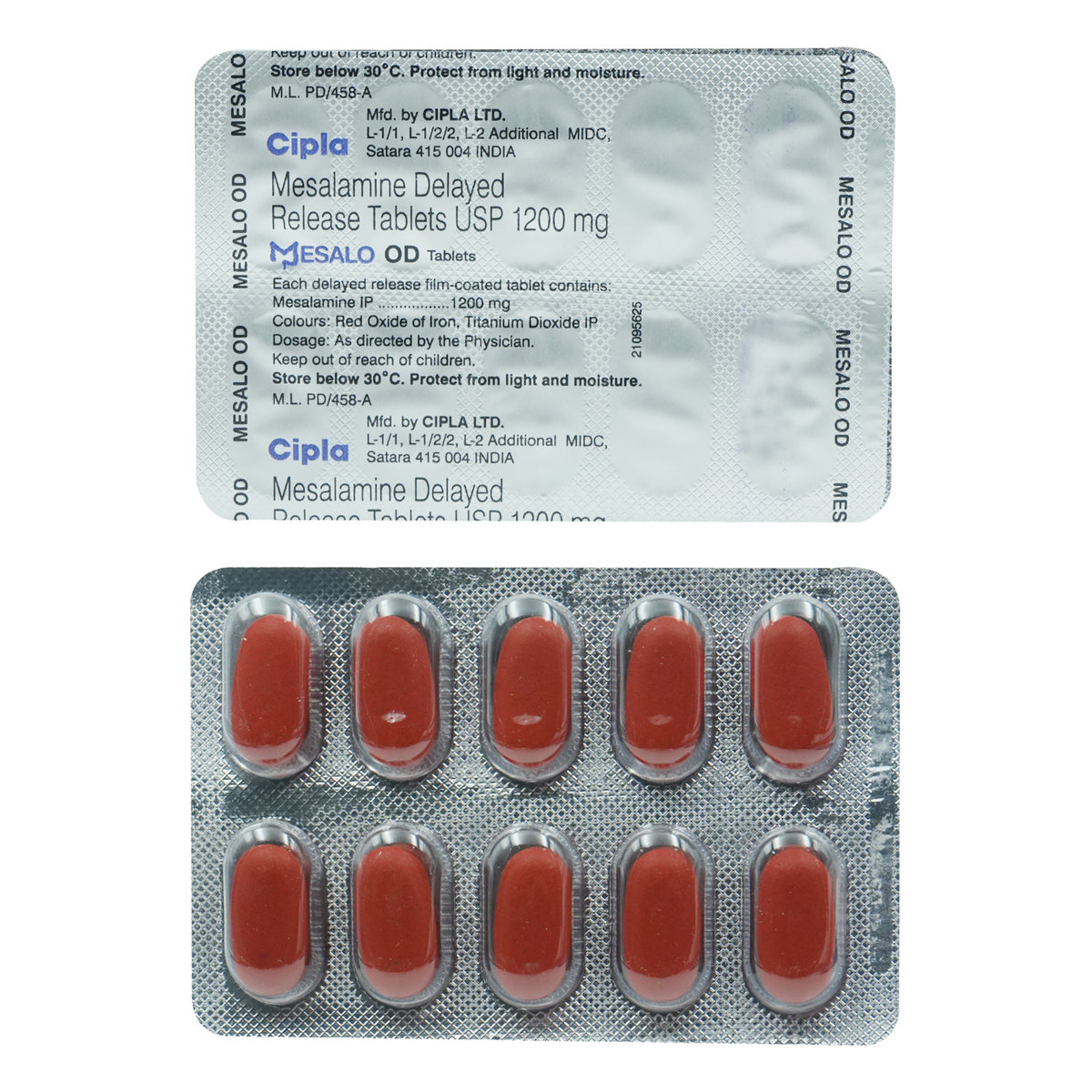 RX
RXMesalo OD Tablet 10's
₹318.60
MRP ₹354
10% off
 RX
RXMesarem 1200 Tablet 15's
₹429.30
MRP ₹477
10% off
Medicines for Ulcerative Colitis
Ulcerative colitis is a chronic inflammatory bowel disease (IBD) characterised by persistent inflammation and ulcers in the innermost lining of the colon and rectum. Common symptoms include abdominal cramping, frequent diarrhoea (often containing blood or mucus), urgency to pass stools, and fatigue. While the exact cause remains unclear, it is linked to an overactive immune response, genetic predisposition, and environmental factors. Although there is no definitive cure, modern medicine offers a range of treatments to manage symptoms, induce remission, and improve long-term outcomes.
Types of Medicines for Ulcerative Colitis
Treatment strategies for ulcerative colitis aim to suppress inflammation, heal the intestinal lining, and prevent complications. The choice of medication depends on disease severity, the patient’s medical history, and response to prior therapies. Below is an overview of the primary drug categories:
1. Aminosalicylates (5-ASAs)
- Purpose: This medicine for ulcerative colitis is used as the first-line treatment for mild to moderate cases. They deliver anti-inflammatory effects directly to the colon’s mucosal lining.
Forms: Available as oral tablets, enemas, or suppositories. Topical forms (enemas/suppositories) are ideal for inflammation limited to the rectum or lower colon.
Examples: Mesalazine, sulfasalazine, and olsalazine.
Key Considerations: Sulfasalazine may cause side effects like nausea or headaches due to its sulfa component, while newer 5-ASAs (e.g., mesalazine) are better tolerated.
2. Corticosteroids
- Purpose: Rapidly control moderate to severe flare-ups by suppressing the immune system.
- Forms: Oral tablets (prednisolone), intravenous injections (hydrocortisone), or rectal foams.
- Key Considerations: Not suitable for long-term use due to risks like osteoporosis, weight gain, and diabetes. Used as a "bridge" until slower-acting drugs (e.g., immunomodulators) take effect.
3. Immunomodulators
- Purpose: Modify immune activity to reduce inflammation in patients unresponsive to 5-ASAs or steroids.
- Mechanism: Suppress T-cell production or interfere with DNA synthesis in immune cells.
- Examples: Azathioprine, mercaptopurine, and methotrexate.
- Key Considerations: Require 8–12 weeks to show effects. Regular blood tests are necessary to monitor liver function and white blood cell counts.
4. Biologic Therapies
- Purpose: Target specific proteins (e.g., TNF-alpha, integrins) involved in the inflammatory cascade.
- Forms: Administered via intravenous infusions (infliximab) or subcutaneous injections (adalimumab, vedolizumab).
- Examples: Anti-TNF agents (infliximab), anti-integrins (vedolizumab), and IL-12/23 inhibitors (ustekinumab).
- Key Considerations: Effective for moderate to severe cases. Patients must be screened for tuberculosis and hepatitis before starting treatment.
5. Janus Kinase (JAK) Inhibitors
- Purpose: Block enzymes involved in immune signalling, offering an oral alternative to biologics.
- Examples: Tofacitinib, filgotinib.
- Key Considerations: Associated with risks like blood clots and herpes zoster reactivation. Recommended for patients unresponsive to other therapies.
6. Antibiotics
- Purpose: Treat infections that exacerbate colitis symptoms.
- Examples: Metronidazole, ciprofloxacin.
- Key Considerations: Not a primary treatment for ulcerative colitis but used in specific complications.
7. Supportive Therapies
- Iron Supplements: Address anaemia from chronic bleeding.
- Antidiarrhoeals: Loperamide for short-term symptom relief (avoided during severe flare-ups).
- Probiotics: May support gut health, though evidence is mixed.
Benefits of Using Medicines for Ulcerative Colitis
Medicines for ulcerative colitis transform lives by restoring digestive health, reducing discomfort, and preventing life-threatening complications. Below are its benefits:
1.Symptom Alleviation
- Rapid relief from diarrhoea, abdominal pain, and rectal bleeding enables patients to resume daily activities. Biologics and JAK inhibitors can reduce bowel urgency, a socially debilitating symptom.
2.Mucosal Healing
- Beyond symptom control, drugs like biologics and 5-ASAs promote healing of the colon’s lining, lowering the risk of strictures or perforations.
3.Long-Term Remission
- Maintenance therapies (e.g., immunomodulators) help sustain remission, reducing hospitalisations and improving quality of life.
4.Reduced Surgery Risk
- Timely use of advanced therapies (biologics/JAK inhibitors) can prevent disease progression, avoiding colectomy (colon removal) in the majority of cases.
5.Personalised Treatment
- With diverse drug classes, therapies can be tailored to individual needs. For instance, vedolizumab’s gut-specific action minimises systemic side effects, ideal for elderly patients.
6.Psychological Benefits
- Effective symptom control alleviates anxiety and depression linked to chronic illness. Patients report improved energy levels and social engagement.
Dosage & Usage Instructions of Ulcerative Colitis Medicines
Adhering to prescribed regimens is critical for treatment success. Below are expanded guidelines:
General Principles
- Consistency: Take medicines at the same time daily to maintain steady blood levels.
- Food Interactions: Some drugs (e.g., methotrexate) are taken with food to reduce nausea, while others (e.g., mesalazine) require empty stomachs.
- Avoid Self-Adjustment: Never alter doses without consulting a doctor—sudden steroid withdrawal can trigger adrenal insufficiency.
Monitoring & Safety
- Blood Tests: Required for immunomodulators (every 2–3 months) and JAK inhibitors (monitor lipid levels).
- Vaccinations: Update vaccinations before starting immunosuppressants. Avoid live vaccines (e.g., MMR) during treatment.
- Side Effect Management: Report persistent fever, unexplained bruising, or shortness of breath immediately.
Where to Order Medicines for Ulcerative Colitis?
Managing ulcerative colitis requires uninterrupted access to medicines, which Apollo 24|7 facilitates through its website and mobile app. The platform allows users to upload prescriptions, browse a comprehensive range of gastrointestinal medications, and schedule doorstep deliveries. It also features detailed drug descriptions, empowering patients to make informed choices
Frequently asked questions
While no specific diet cures ulcerative colitis, certain adjustments may reduce symptoms. During flare-ups, a low-fibre diet eases bowel strain, while lactose-free products help those with intolerances. Omega-3-rich foods (e.g., fish) might reduce inflammation. Always consult a dietitian to avoid nutrient deficiencies.
Stress does not cause ulcerative colitis but can trigger flare-ups. Techniques like mindfulness, yoga, or cognitive behavioural therapy (CBT) help manage stress, complementing medical treatment.
Most women with well-controlled ulcerative colitis have healthy pregnancies. Discuss medications with your doctor—some drugs (e.g., methotrexate) must be avoided due to fetal risks. Biologics are generally considered safe during pregnancy.
Both are IBDs, but Crohn’s can affect any part of the digestive tract, while ulcerative colitis is limited to the colon. Ulcerative colitis involves continuous inflammation, whereas Crohn’s causes patchy, deeper ulcers.
Severe abdominal pain, high fever, rapid weight loss, or vomiting blood necessitate urgent medical attention, as they may indicate complications like toxic megacolon or perforation.
